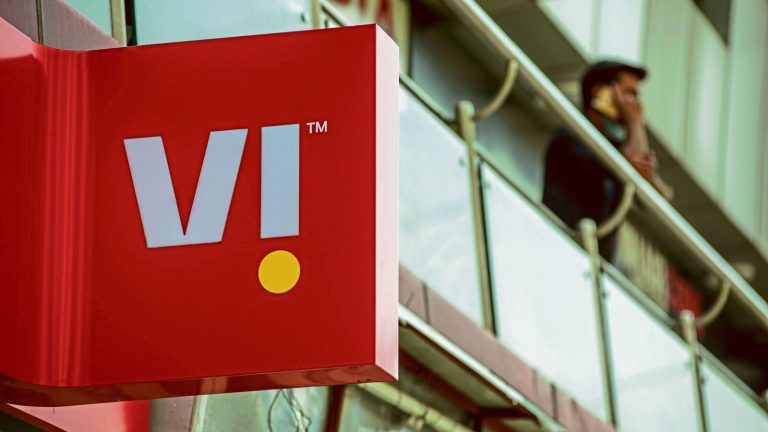This is because, with the government converting spectrum dues worth ₹36,950 crore, the telecom operator would now have to pay a total of over 66% less in statutory dues over the next three years after the expiry of the current moratorium later this year. However, analysts said the company must meet a yearly ₹43,000 crore payment obligation (spectrum and adjusted gross revenue dues) to the government over FY28-31.
Without equity conversion, Vodafone Idea’s payable spectrum dues to the government would have been ₹11,000 crore for FY26. For FY27 and FY28 each, the spectrum-related outgo would have been ₹25,000 crore.
However, with the conversion, the company’s dues outgo for the pre-2021 spectrum will reduce to ₹500 crore in FY26, ₹5,000 crore in FY27, and ₹15,000 crore in FY28, according to estimates from brokerage Citi Research.
The brokerage, however, said the company would have to make annual spectrum payments of ₹2,200 crore for post-2021 spectrum acquisitions and yearly adjusted gross revenue (AGR) payments of ₹16,500 crore.
“Overall, we view this as a major display of support by the government in a very timely manner, which should provide significant cash flow relief to Vi (Vodafone Idea) in the next 3 years and help it complete its bank debt raise,” said Saurabh Handa and Prerna Goenka, analysts at Citi Research in a note on Monday.
“This should help Vi move one step closer to completing its long-delayed debt raise from banks,” the analysts added. Notably, the company has been trying to raise bank debt of ₹25,000 crore.
More govt help
However, some analysts have observed that the government might have to convert more dues into equity at the end of FY26 owing to higher spectrum and AGR payments of around ₹29,000 crore in FY27 and around ₹40,000 crore dues in FY28. They said this because the company’s annual revenue would not be able to service the pending dues.
“The structural concerns around the company’s long-term survivability remain as transforming it to a sustainable player will require multiple significant tariff hikes that can boost Arpu (average revenue per user) to over ₹380 by FY28 (vs Arpu of ₹163 in 3QFY25),” said Dayanand Mittal and Shivam Gupta, analysts at JM Financial in a note on Monday.
According to the brokerage, the tariff hikes would be needed to meet the government’s annual ₹43,000 crore payment obligation over FY28-31 and internally fund capex to help the company get subscribers.
If the government decides to go for another round of equity conversion, the telecom operator will become a public-sector undertaking (PSU). “At 49% stake, currently, the government has not asked for a board seat in Vodafone Idea,” a government official said, adding that it does not want to interfere in the company’s operations. After the equity conversion, Vodafone Group’s stake will reduce to 16.07% from 24.39%, and Aditya Birla Group’s stake will fall to 9.5% from 14.41%. Further, non-government minority shareholding will reduce to 25.44% from 38.6% after this conversion.
As of December 2024, Vodafone Idea’s total debt was around ₹2.3 trillion. Of this, ₹77,000 crore was AGR (adjusted gross revenue) liability, and ₹1.4 trillion was the spectrum liability.
Govt support positive for sector
Proxy advisory firms said the conversion from the government is positive and will avoid any duopoly in the sector. “From a holistic scenario analysis, if the breather would not have been given to Vodafone Idea, then it would not have been viable, and a duopoly would have hurt consumers,” said J.N. Gupta, founder and managing director of Stakeholders Empowerment Services (SES).
“Had the government not converted, it would have lost the chance of recovering pending dues. The banks would have lost, and the overall consumers would be hurt. At least, there is a possibility of reviving the company now,” Gupta said, adding that it is unlikely that the government will go above 49% as it will not want to create a second competitive PSU in the same sector.
Shriram Subramanian, founder and MD of InGovern Research Services, said, “The equity conversion, while positive, does not mean that the company is out of the woods. It will have to raise more funds or bank debt to service the upcoming pending statutory dues and remain competitive.”
Citi Research has retained a Buy/high-risk rating for Vodafone Idea with a share price target of ₹12. JM Financial has maintained a sell rating on the company’s shares.



